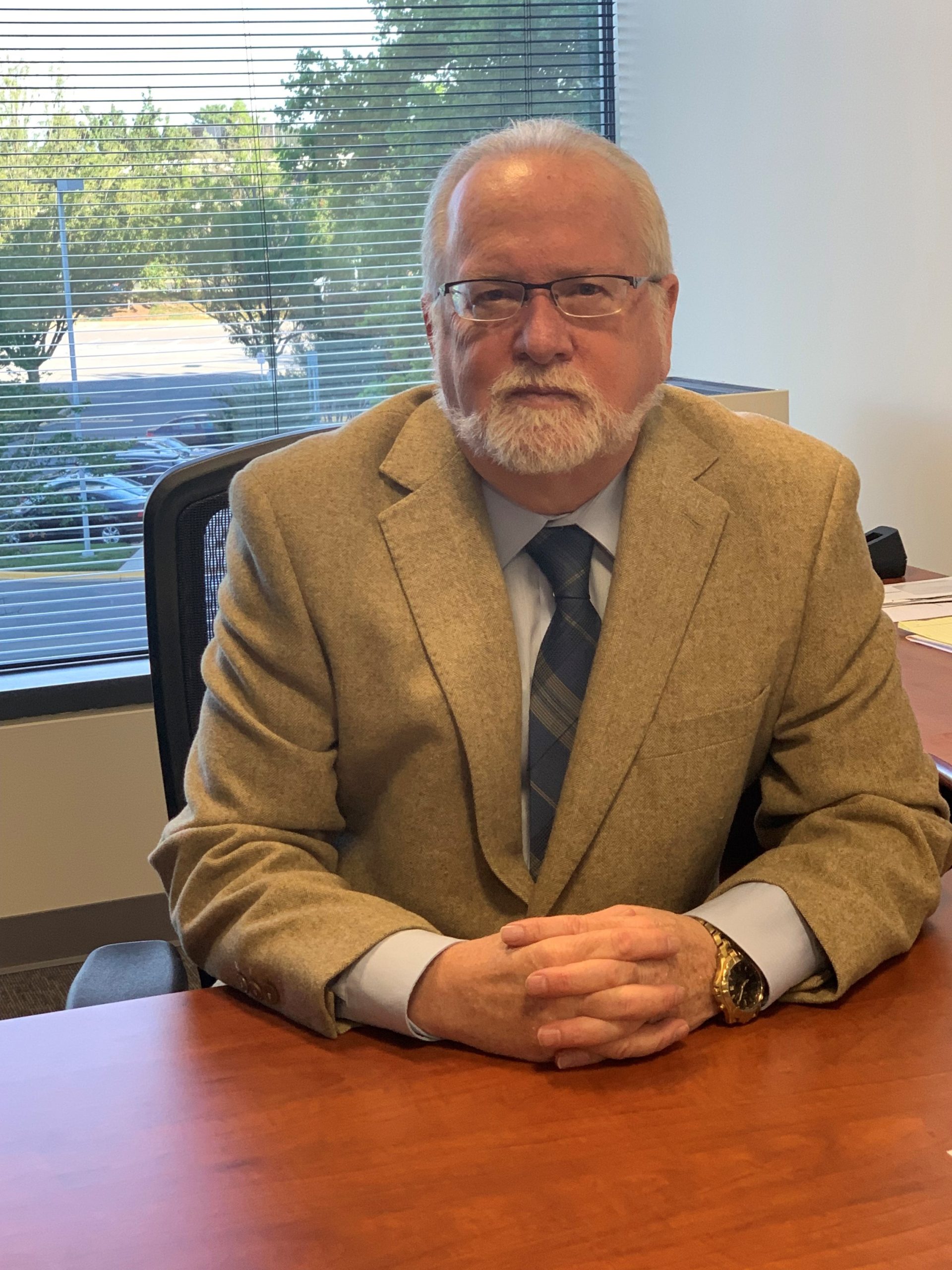
Scott Coates, Senior Director for the AOAC Research Institute, has announced plans to retire at the end of 2023. Coates started his career at AOAC in 1992, as a manager for the Performance Tested Methods (PTM) program. One of the actions Coates took when starting the PTM program was to negotiate an agreement with FDA to validate test kits to detect antibiotic residues in milk. Coates negotiated a Memorandum of Understanding (MOU) between the FDA and the AOAC Research Institute (AOACRI). This MOU is still active after more than 30 years. Coates oversaw the development of the PTM program, eventually developing a program that was highly respected. The PTM program grew to more than 350 approved test kits.
From 2009 to 2020, Coates served as AOAC’s Chief Science Officer. One of Coates’ first projects as the CSO was to create guidelines and standards for analytical methods. The guideline eventually developed into an appendix and now is a chapter in the Official Methods of Analysis compendium. The guideline has been used since 2011 as the reference for Standard Method Performance Requirements (SMPRs). SMPRs specified the performance requirements for methods, including which specific analytes were required and other analytical criteria such as limit of quantification (LOQ). Coates has worked with dozens of working groups and hundreds of AOAC members to create SMPRs covering everything from Bacillus anthracis in white powder to vitamin K in infant formula.
In 2018 and 2019, Coates led the AOAC team to design and develop the Cannabis Analytical Science Program (CASP). CASP has been highly successful in applying the AOAC rigor to analytical methods for cannabis. AOAC SMPRs for measuring cannabinoids in hemp were identified in the US Farm Bill regulations.
Coates shifted back to serve as the Senior Director for the AOACRI in 2020. Coates continued his innovative approach to create several new programs, such as the Emergency Response Review for COVID-19 and the Targeted Matrix Evaluation program to provide an avenue to expand existing detection claims to new matrixes such as cannabis.
Coates says he came to AOAC in 1992 expecting to stay only a couple of years, but he “found the work at AOAC always to be challenging and interesting. It makes it easy to get up and go to work in the morning when you know the work that you are doing materially improved our community.” Recognizing his more than 30 years at AOAC, the organization could not be more grateful for Coates’ contributions.
Photo by AOAC